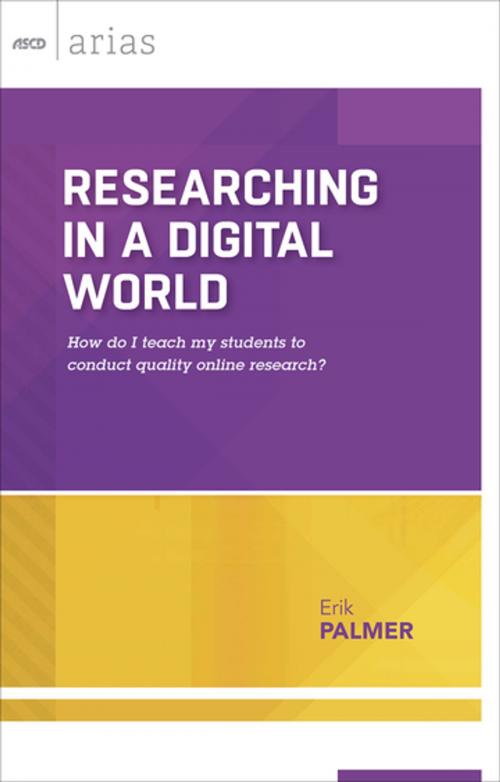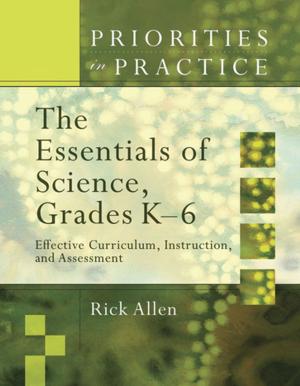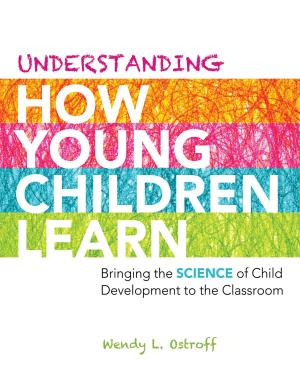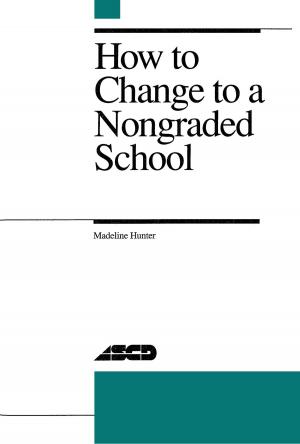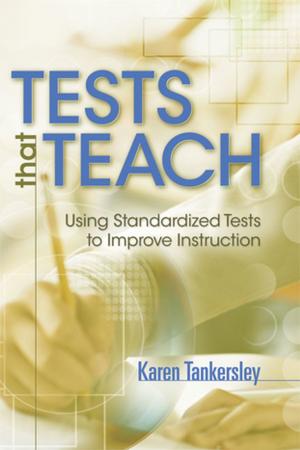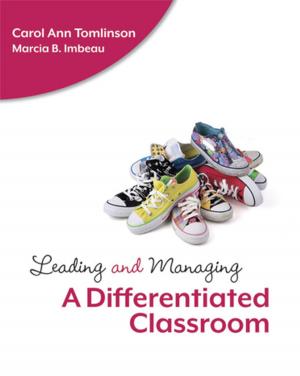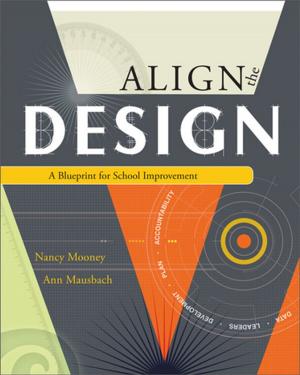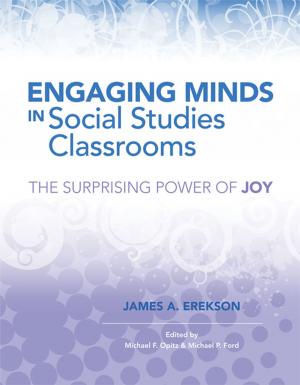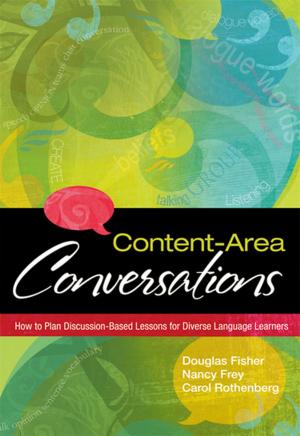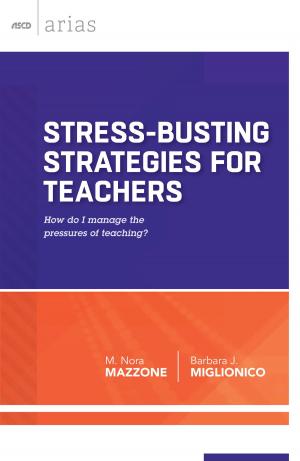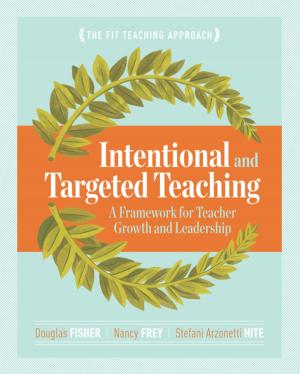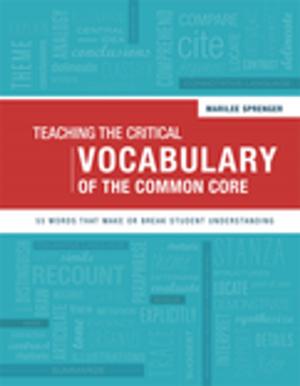Researching in a Digital World
How do I teach my students to conduct quality online research?
Nonfiction, Reference & Language, Education & Teaching, Teaching, Computers & Technology, Teaching Methods| Author: | Erik Palmer | ISBN: | 9781416620235 |
| Publisher: | ASCD | Publication: | January 20, 2015 |
| Imprint: | ASCD | Language: | English |
| Author: | Erik Palmer |
| ISBN: | 9781416620235 |
| Publisher: | ASCD |
| Publication: | January 20, 2015 |
| Imprint: | ASCD |
| Language: | English |
As digital natives, our students are certainly at home online, but how much do they know about using the Internet as a research tool? Do they know how to ask the right questions, find the best and most credible resources, evaluate the "facts" they come across, and avoid plagiarism and copyright violations when they incorporate others' work into their own? For too many, the answer is no and research projects intended to engage students in independent learning wind up wasting time or creating incomplete or faulty understandings. In this step-by-step guide, classroom veteran Erik Palmer explains how to teach students at all grade levels to conduct deeper, smarter, and more responsible research in an online environment. You'll find practical lesson ideas for every stage of the research process and dozens of tips and strategies that will build your students' Internet literacy, establish valuable academic habits, and foster skills for lifelong learning.
As digital natives, our students are certainly at home online, but how much do they know about using the Internet as a research tool? Do they know how to ask the right questions, find the best and most credible resources, evaluate the "facts" they come across, and avoid plagiarism and copyright violations when they incorporate others' work into their own? For too many, the answer is no and research projects intended to engage students in independent learning wind up wasting time or creating incomplete or faulty understandings. In this step-by-step guide, classroom veteran Erik Palmer explains how to teach students at all grade levels to conduct deeper, smarter, and more responsible research in an online environment. You'll find practical lesson ideas for every stage of the research process and dozens of tips and strategies that will build your students' Internet literacy, establish valuable academic habits, and foster skills for lifelong learning.
